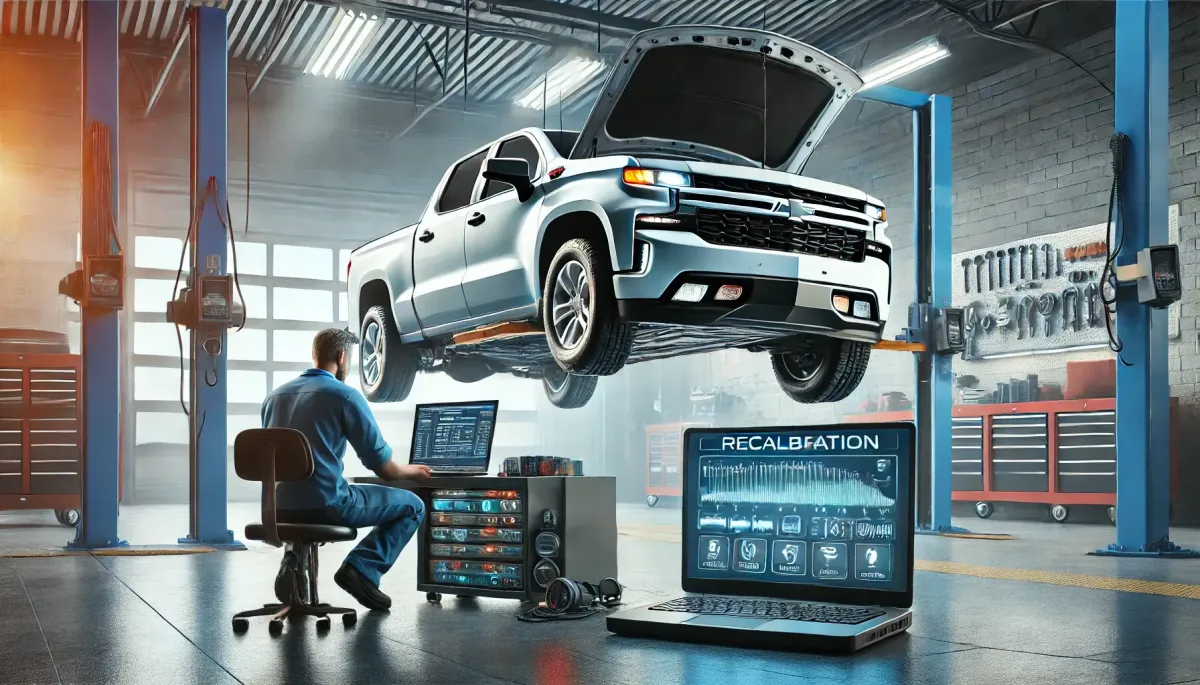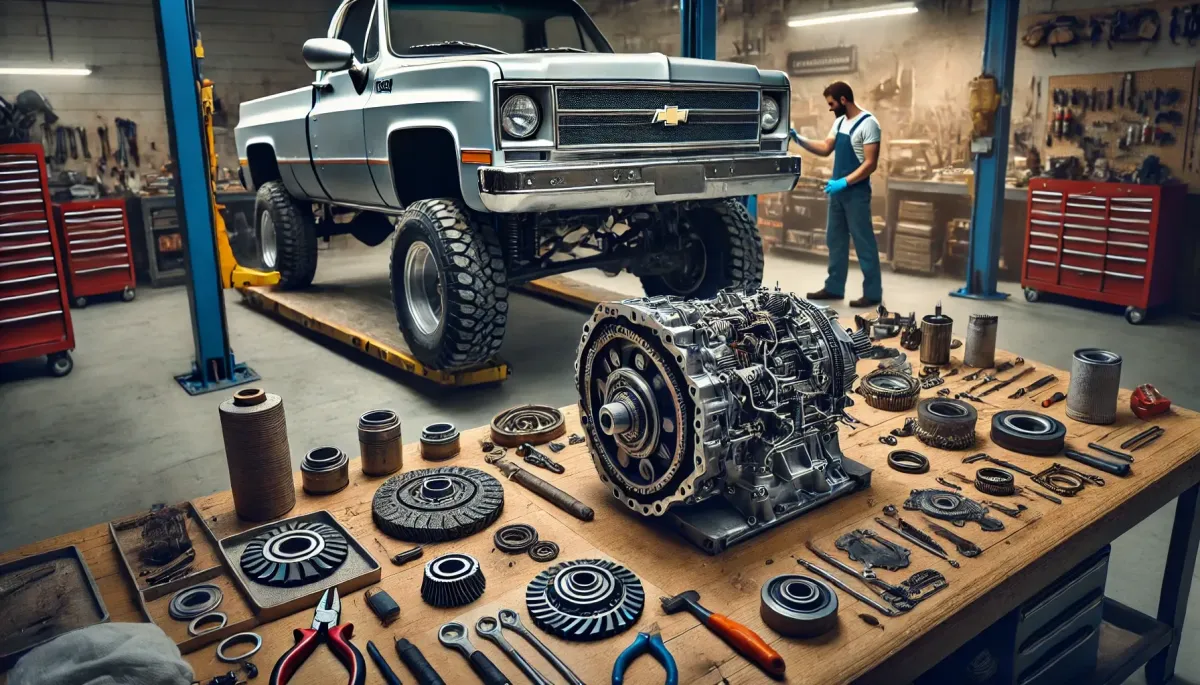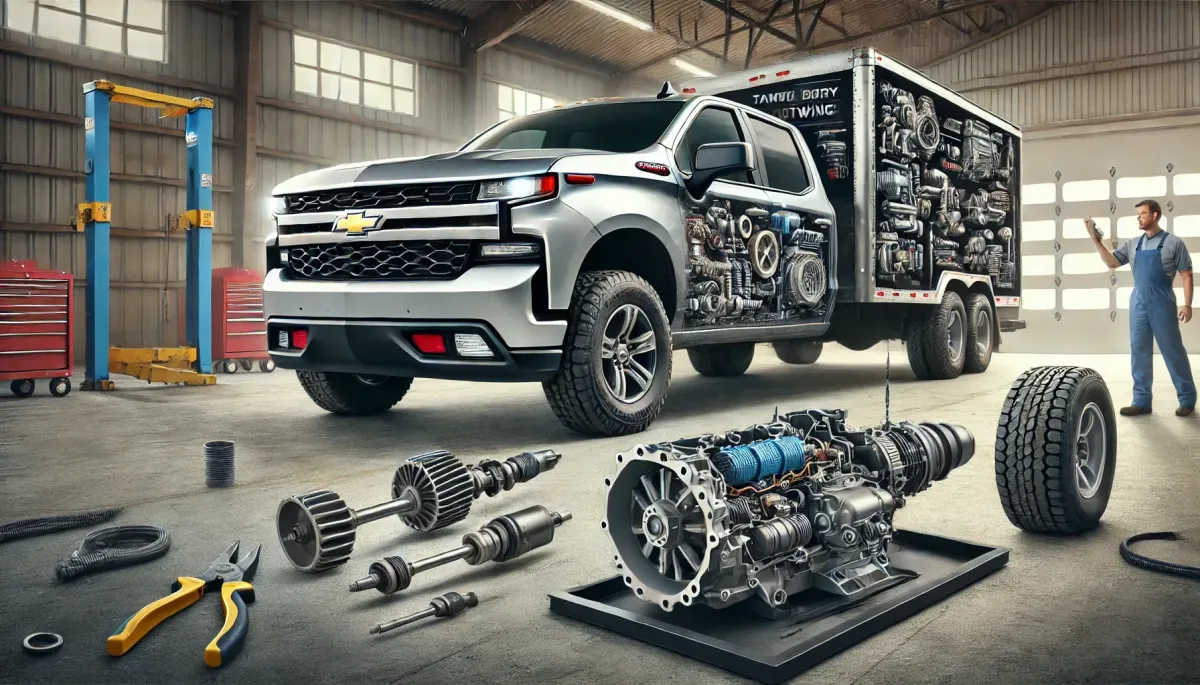Transmission Recalibration: Optimizing Performance for Your Pickup Truck
Optimizing your pickup truck’s transmission through recalibration can lead to significant improvements in performance, fuel efficiency, and overall drivability. This blog post explores the importance of transmission recalibration, detailing how it differs from standard software updates and why it’s beneficial for specific driving conditions like towing and off-roading. Learn how recalibration adjusts shift points, torque converter settings, and other critical parameters to ensure your truck operates at peak efficiency. The post includes a step-by-step guide to performing recalibration, tips for selecting the right tools, and advice on post-recalibration maintenance. Stay ahead of transmission issues and enhance your truck’s performance with regular recalibration.






